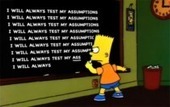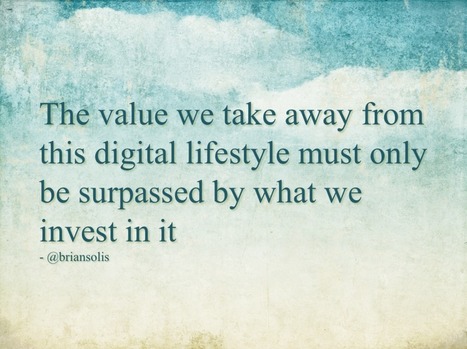A friend and fellow writer I hadn’t heard from for a while sent me an email the other day. She wanted some advice, and I readily offered it. Then she wrote me a nice response–the sort of casually witty, stupidly impressive little thing that no one I know could have written but her.
And at the bottom of her thoughtful email, Google offered me three quick responses in the iOS Gmail app:
Thanks!
You’re welcome!
Sounds good to me!
With a tap, I could auto-fill my response to her. Just like on Google’s Allo Messenger or Apple’s iMessage, I could let the software respond to an email or text not with a unique response, but a quick tap to say something like “haha,” “lol,” or “talk later.”
Sometimes, it’s tempting! Sometimes–especially dealing with work emails in the off hours–I have hit those quick response buttons. But I also know that it’s very bad for me, and it’s bad for us, as a collective, creative species. Today, we face one of the promises of Silicon Valley: to quantify us. To average our individuality out. To train a model on all of those collective averages, creating the ultimate average response. To provide the convenience of never speaking uniquely again....



 Your new post is loading...
Your new post is loading...












Google wants to optimize self-expression and make us all sound the same. #resist ;-)